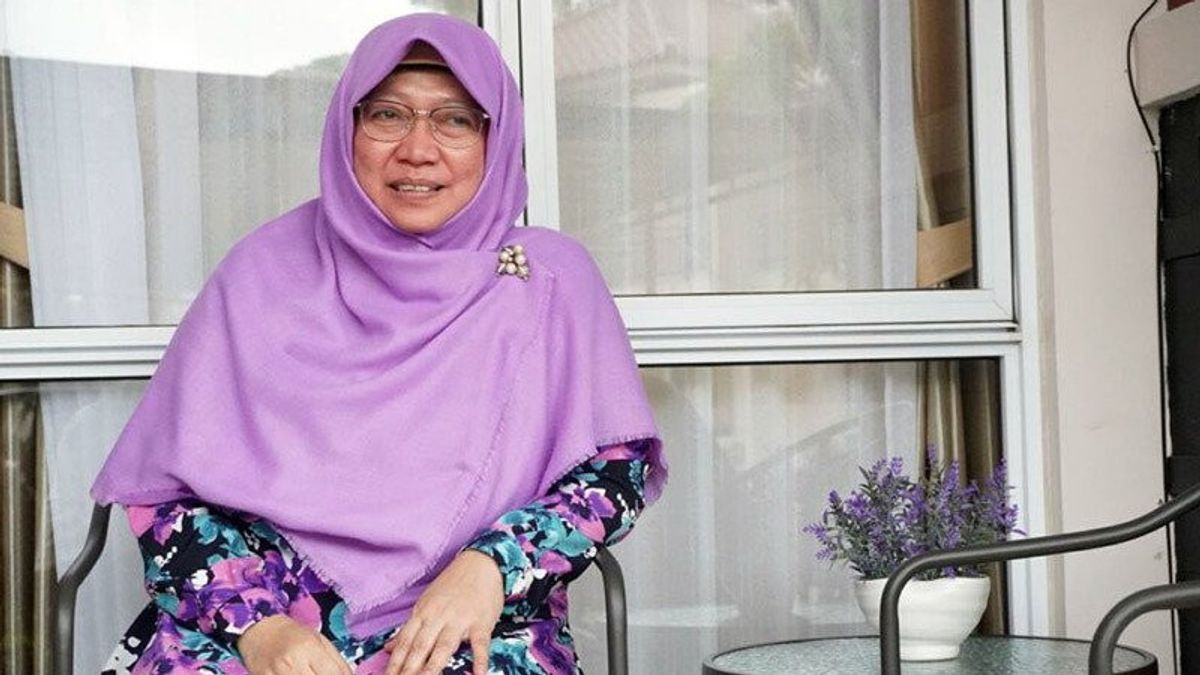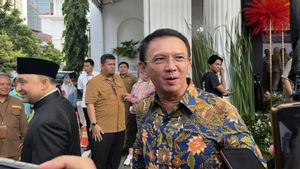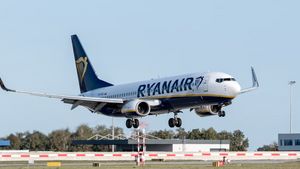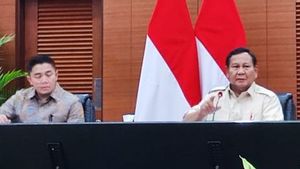JAKARTA - Member of the House of Representatives Commission XI, Anis Byarwati mangaku, has not yet received the draft Law Number 6 of 1983 concerning General Provisions and Tax Procedures (KUP) which allegedly contains a plan for the imposition of Value Added Tax (VAT) for a number of basic necessities. or groceries.
According to him, as a rule, if the government wants to propose a discussion of the bill, it must first submit the draft regulation and be accompanied by a Presidential Letter (Surpers) to be subsequently accepted by the leadership of the DPR and discussed in the agenda of a particular session.
"Well, this process itself doesn't exist yet, so we don't know what the goods are like. Even now it has been leaked and the public is talking about it, so the question is where did it come from?” he said in a virtual discussion that was broadcast virtually by the MNC Media network, Saturday, June 12.
Anis added, if it is true that the government has proposed changes to tax regulations by including basic necessities as a tax object, then this is considered inappropriate considering the conditions that are quite difficult in the midst of the current pandemic.
"If this (imposition of the basic food tax) is used as a discourse, I don't think it is appropriate. Just being a discourse is not appropriate, let alone a bill," he said.
Furthermore, the legislator from the Prosperous Justice Party (PKS) faction said that there are various other issues that should be the focus of the government rather than targeting basic necessities as a tax object.
“Our economy has not recovered, our society has not recovered. In addition, we have many problems, such as health and well-being. So, it is better for the government to focus first on resolving this," he said.
For this reason, Anis asked the government to conduct an in-depth review of the intention to remove basic necessities from the list of tax-free goods.
"To withdraw groceries from the VAT exemption is very illogical, especially during a pandemic the government should think about how to think about the availability of sufficient food for its people," he explained.
As is known, the revision of the KUP Bill initiated by the government leaked to the public and became a polemic because it contained plans to levy taxes on basic consumer goods.
In a copy of the document received by VOI, it is stated that there are three schemes in implementing the VAT for basic necessities. First, the proposed VAT of 12 percent.
Second, the multi-tariff scheme is 5 percent lower than the first scheme by strengthening legality through a Government Regulation. And the third is through the final 1 percent VAT method.
The government itself tends to choose the third scheme, namely the final 1 percent VAT because it can accommodate and minimize the impact on small and medium businesses.
The English, Chinese, Japanese, Arabic, and French versions are automatically generated by the AI. So there may still be inaccuracies in translating, please always see Indonesian as our main language. (system supported by DigitalSiber.id)













